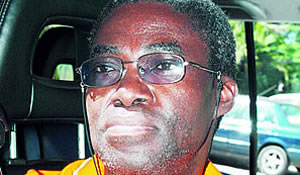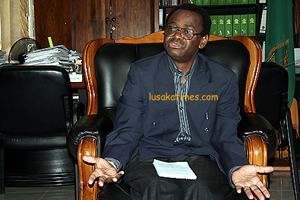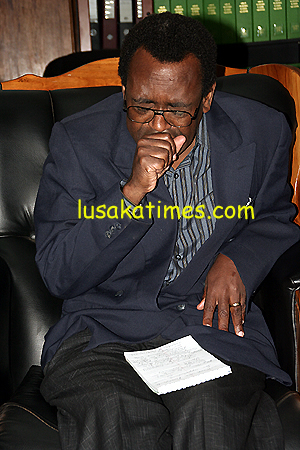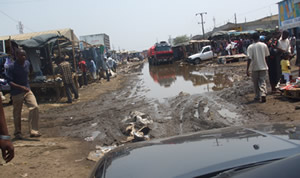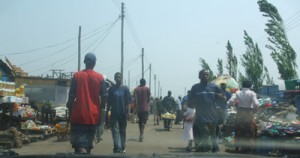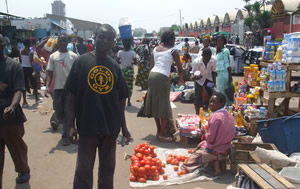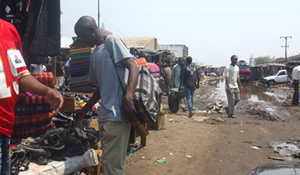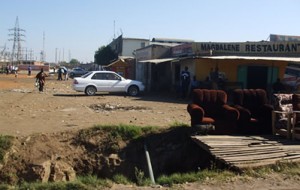Management at C.K Mable, the company tasked to legalize land behind Garden House Motel on the Lusaka– Mumbwa road, has appealed to all its clients to continue serving their financial obligations to the firm.
C.K Mable Chairman Elijah Kasonso said the need for money has been necessitated by a robust exercise by the firm to put in place social amenities such as roads and security.
He said his firm is working on feeder roads for easy accessibility to the area so that those with vehicles can easily go and come out of Marble Village without facing any difficulties.
The C. K Marble Chairman said the police post being built at the site is almost finished and the company is currently exerting its efforts to erect houses for police officers in a bid to ensure security for the benefit of the residents.
He explained that the company spent huge sums of money for the Site Plan and satellite photograph of the 72 hectares piece of land both of which have been done.
Mr. Kasonso said all these undertakings are costly and is therefore surprised that some sections of society are misleading people that they will offer them land free of charge.
He said more than 2000 people have already committed themselves to follow the laid down procedure of legalizing the land in the area.
Mr. Kasonso has since appealed to all concerned residents not to be swayed by such elements promising free land but to follow the laid down procedure and secure their investments.
He has called on all the people with land at Marble Village to make his office, their office so that the people themselves know the truth by frequenting his office.
Mr. Kasonso said money is urgently needed to undertake the numbering of the site plan failure to which the process of legalising the plots will take long.
He said his company is working hard to complete the project but this can only be achieved with financial support from the people themselves who are the beneficiaries.
Mr. Kasonso encouraged all those who have not yet met their financial obligations to the company to do so in earnest as it is their contributions to the noble project that will give his administration the impetus and will to complete the job at hand in record time.





